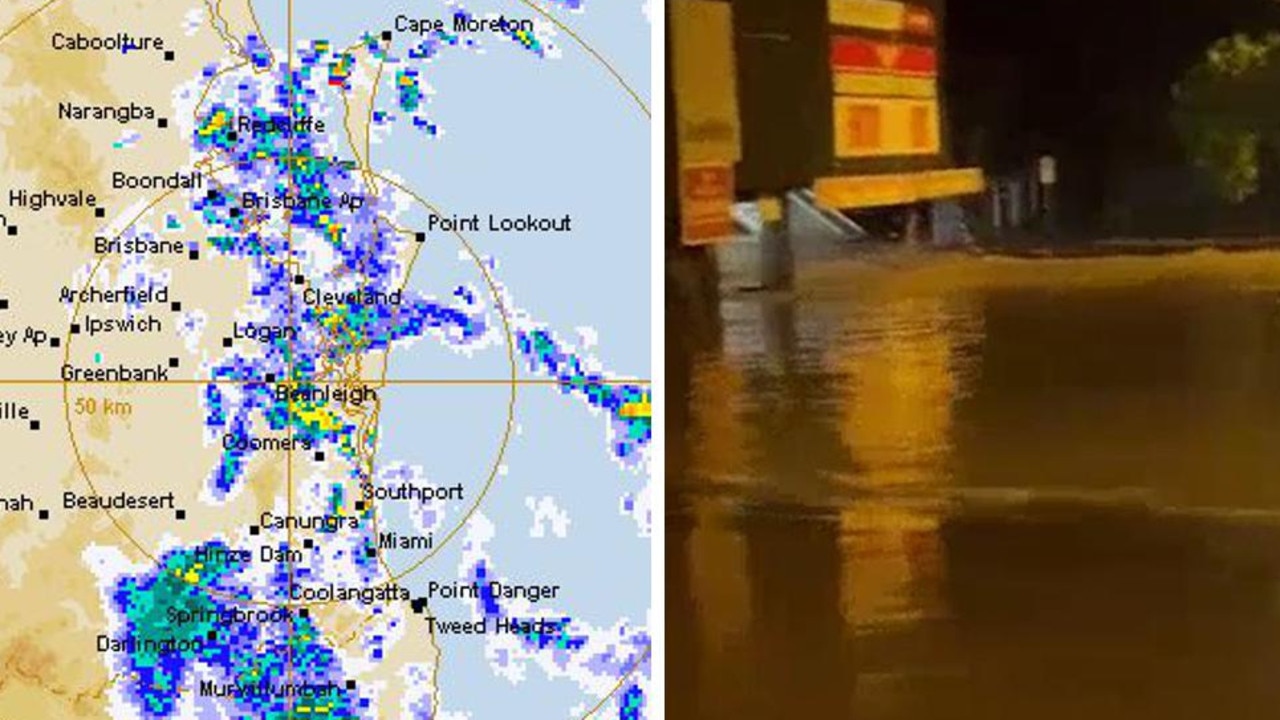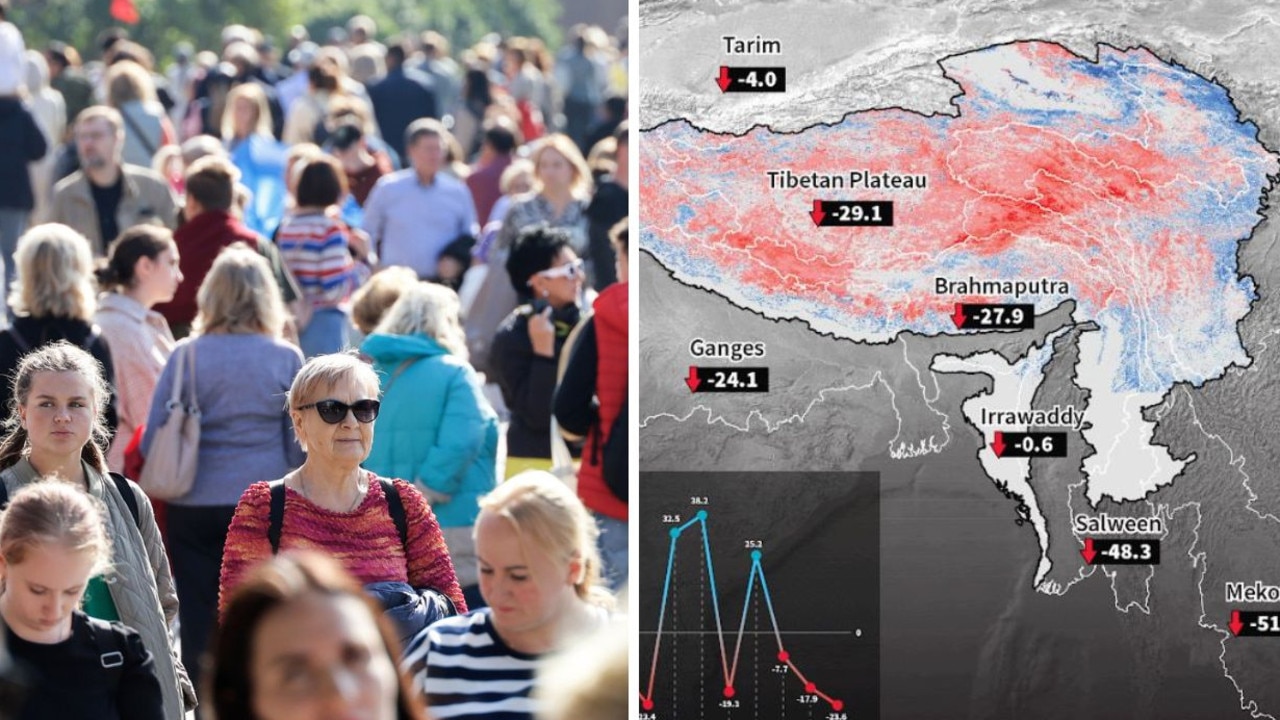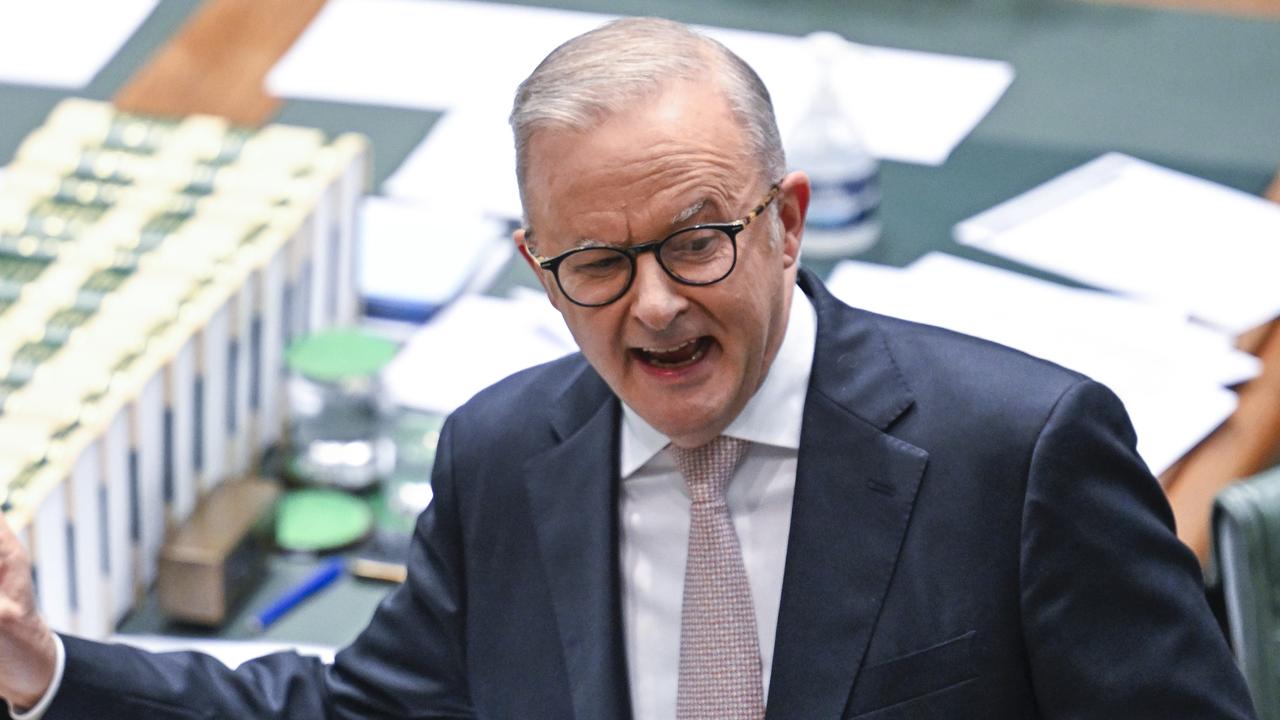Australia ranked one of the worst G20 countries for climate change policy
Australia has been rated one of the worst performers among the world’s largest economies, with experts warning of serious consequences.
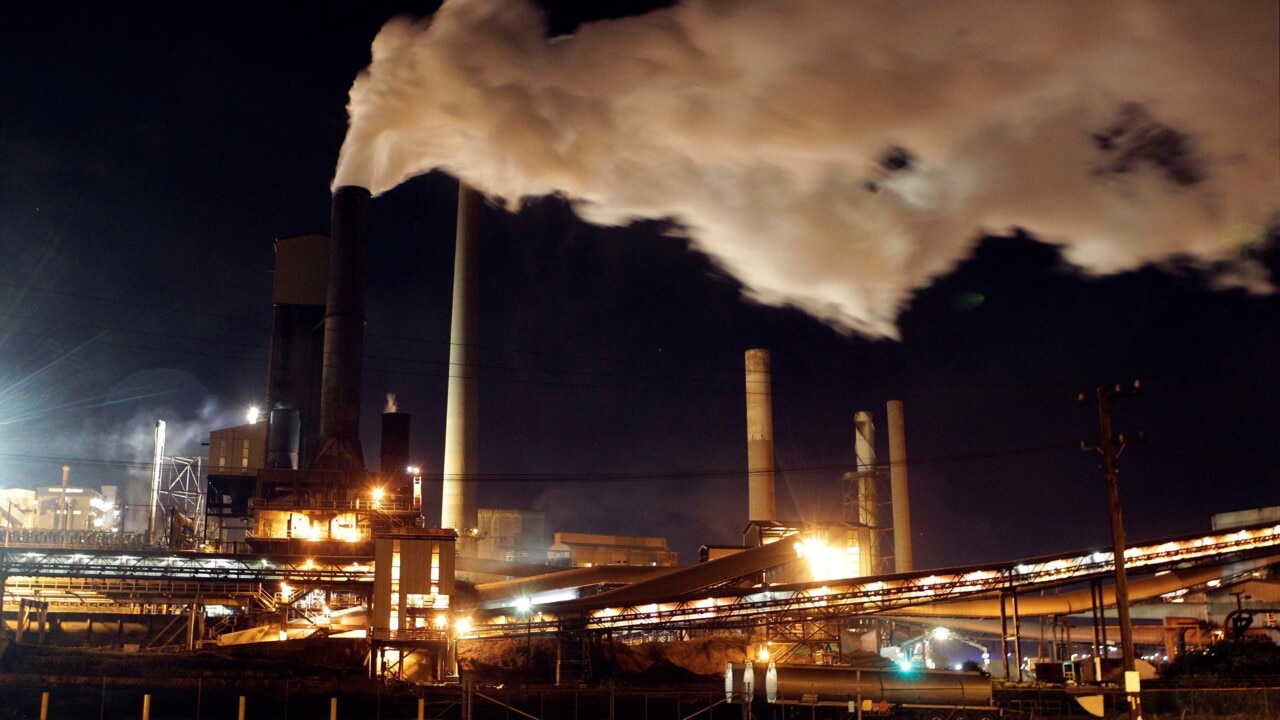
Australia has been rated one of the worst performers in the G20 when it comes to climate change policy, according to an annual report.
The Climate Transparency report released today highlighted how poorly Australia is performing when compared to the world’s largest economies.
It got the most “low” ratings with a dismal score in almost every category, including for its lack of renewable energy polices or plans to phase out coal in the power sector. It also does not have policies to discontinue the use of fossil fuel cars, for the renovation of existing buildings, for energy efficiency in industry or a target for net zero deforestation.
The only category it was rated “medium” was for near zero energy new buildings.
Even Russia was better rated, scoring medium scores in three categories.
“This result should not be surprising for anyone following climate action in Australia. We haven’t seen a single policy put in place by the Federal Government that will reduce emissions in any sector,” Bill Hare, chief executive officer of Climate Analytics, the Australian partner for the report, said.
“Instead, we see continued support for fossil fuels – it recently approved four new coal mines, and is subsidising new gas developments.”
Australia’s per capita emissions, at 21.7 tonnes per person, is nearly three times the G20 average.
It is also the only developed country in the G20 with no price on carbon.
Today, Reserve Bank deputy governor Guy Debelle described climate change as a “first-order risk for the financial system” that could see business assets destroyed during fires or floods, and for stranded assets due to changes in consumer demand or policies.
The value of homes in regions most exposed to extreme weather could also experience price drops.
Mr Debelle warned the risk of climate-conscious global investors moving to “significantly divest” from Australia was also increasing.
“Investors will adjust their portfolios in response to climate risks,” he said.
“Governments in other jurisdictions are implementing net zero policies. Both of these are effectively increasing the cost of emissions-intensive activities in Australia.
“So, irrespective of whether we think these adjustments are appropriate or fair, they are happening and we need to take account of that.”
Australia is not on track for 1.5C
Australia does not have an explicit national carbon pricing scheme, unlike 13 of the G20 members, with Brazil, Indonesia, Russia and Turkey also currently considering introducing such a scheme.
The report notes that Australia’s 2030 emissions reduction target is also not adequate to keep temperatures below the 1.5C limit and is not considered ‘fair-share’ compatible.
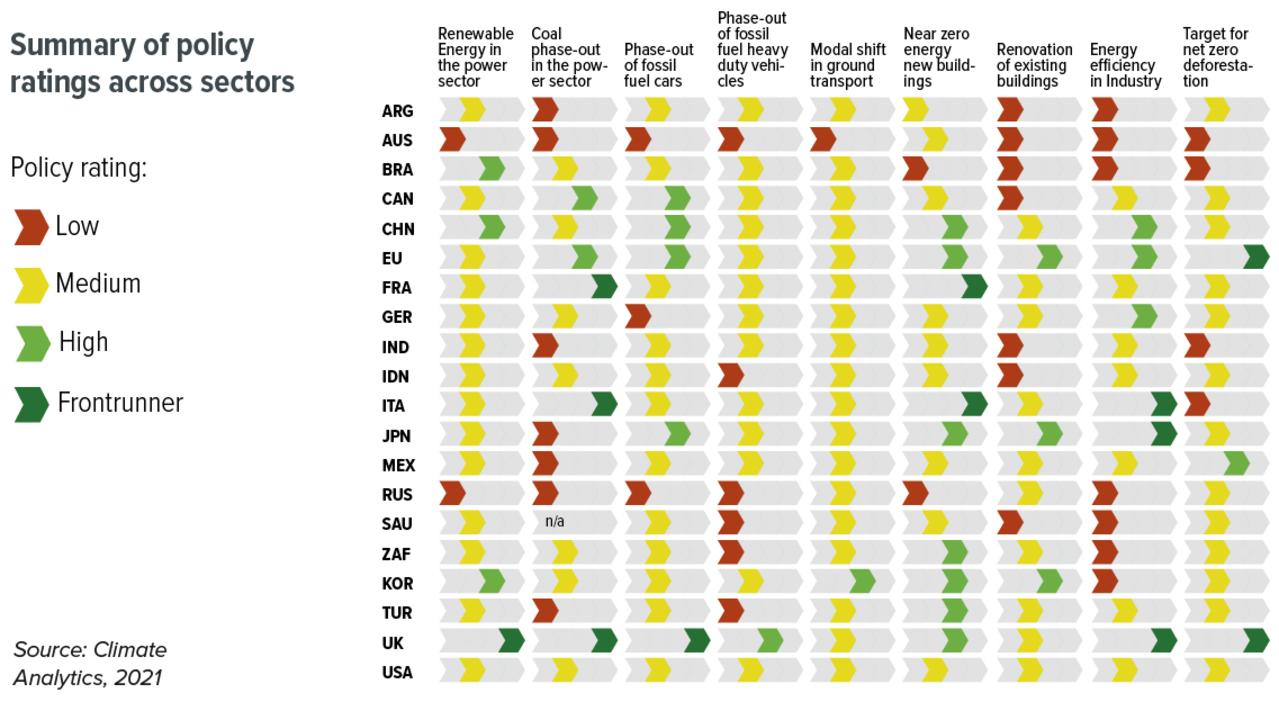
The report notes data from Climate Analytics suggests Australia will be generating 173 metric tonnes of carbon dioxide equivalent (MtCO2e) in 2030 beyond what’s compatible with 1.5C of warming.
Australia currently has a target to reduce emissions by 26-28 per cent below 2005 levels by 2030.
But if emissions saved from land use change and forestry are not included, Australia’s nationally determined contributions (NDC) target is 11-15 per cent below 2005 levels. This means it would get down to around 442-464 MtCO2e by 2030.
To keep warming to 1.5C, Australia needs to get down to 269 MtCO2e (or 49 per cent below 2005 levels), leaving a shortfall of 173 MtCO2e.

The Climate Targets Panel, an independent group of policymakers including former Liberal leader John Hewson and Australia’s most senior climate scientists including Professor Will Steffen, Professor Lesley Hughes and Associate Professor Malte Meinshausen, agree that Australia’s emissions reduction target is not adequate.
The panel believes Australia’s 2030 target should be 74 per cent below 2005 levels to keep warming to 1.5C, or a 50 per cent reduction to keep warming to well below 2C.
“There’s only a fixed amount of emissions we can put into the atmosphere before it’s too late,” John Hewson said.
“Our emissions targets have to be within our carbon budget, otherwise we won’t meet the Paris Agreement temperature goals of keeping global warming well below 2 degrees while still aiming for 1.5 degrees.”
Mr Hewson said a net zero by 2050 target was not enough because Australia would still blow its carbon budget unless its 2030 target was doubled or tripled.
“The US and UK have doubled to tripled their 2030 targets to stay within the carbon budget and Australia needs to do the same. It’s 2030 that matters,” he said.
Emissions expected to rise again
While emissions declined for a short time due to the Covid-19 pandemic, greenhouse gas emissions are now rebounding across the G20 with Argentina, China, India and Indonesia all projected to exceed their 2019 emissions levels.
Overall the NDCs agreed to by other countries assessed by April 2021 will lead to a warming of 2.4C by the end of the century.
Climate Transparency brings together 16 think tanks as well as experts from non-governmental organisations from the majority of G20 countries.
Overall its report found that emissions were rising across the G20 despite net zero commitments and updated targets.
Coal consumption is projected to rise by almost 5 per cent in 2021, with this growth driven by China (accounting for 61 per cent of the growth), the US (18 per cent) and India (17 per cent).
Countries still subsidising fossil fuels
Australia also spent $US7.66 billion ($A10.4 billion) on fossil fuel subsidies in 2020-21, mainly on petroleum.
It has also committed to providing discounted loans to natural gas projects as well as financial support for fossil fuel infrastructure projects, carbon capture and storage (CCS) and diesel fuel storage. In addition, the CCS projects have been designed to support increases in oil and gas production.
The report noted that most G20 members missed the opportunity to use Covid-19 recovery packages to support carbon reduction targets.
In Australia, $58.6 million was allocated in the 2021/22 budget for gas infrastructure and new gas supply, with no new support for renewables or electric vehicles.
The Government also announced $600 million for a gas-fired power plant in the Hunter Valley, to replace the capacity lost when the Liddell coal-fired power plant closes.
Among G20 countries, only $US300 billion ($A408 billion) of the $US1.8 trillion ($A2.4 trillion) in recovery spending went towards green projects, while fossil fuels continued to be subsidised.
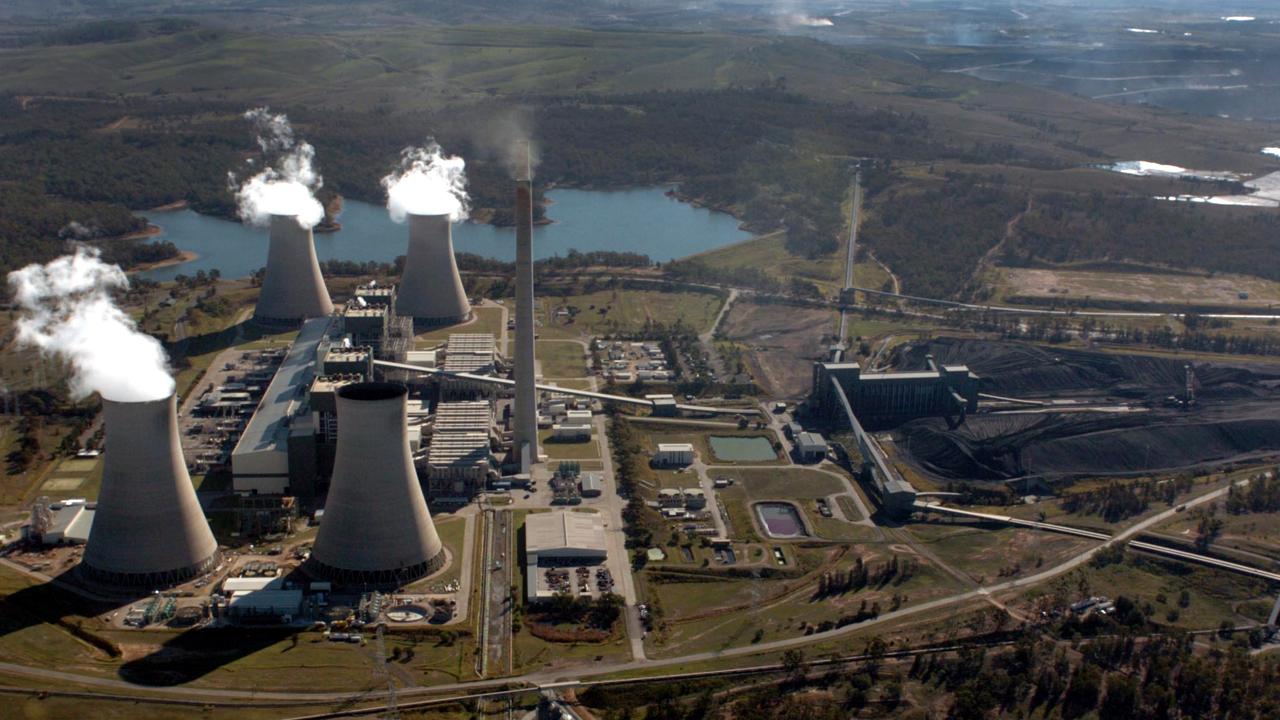
“It is extremely disappointing that a decade has passed since the commitment to rationalise and phase out inefficient fossil fuel subsidies was made, but G20 members are still pumping billions of US dollars into dirty fuels, which are causing climate change,” Enrique Maurtua Konstantinidis of Fundación Ambiente y Recursos Naturales (FARN) in Argentina said.
In 2019, G20 members excluding Saudi Arabia, provided at least $US152 billion ($A207 billion) in subsidies for the production and consumption of coal, oil, and gas.
In Australia, governments provided about $US50 million ($A68 million) in public finance for fossil fuels between 2018 and 2019, with the majority (74 per cent) spent on coal.
No policies for energy efficiency or transport
The report noted the lack of mandatory policies in Australia to significantly increase energy efficiency in industry, something that could be crucial to getting emissions down especially if Australia is to avoid adding gas-fired power.
Policies could include high-efficiency standards and regulation, facilitation for energy management or energy auditing.
Transport is also one of the most significant contributors to Australia’s emissions, making up 17.6 per cent of emissions last year, but there is no overall strategy to decarbonise transport.
More Coverage
ACT Transport Minister Chris Steel warned recently that Australia was becoming a dumping ground for more dangerous and polluting cars due to its reluctance to embrace ‘Euro 6’ emissions standards, which more than 80 per cent of the global car market now follows including Europe, the US, Japan, Korea, China, India and Mexico, the ABC reported.
Interestingly Australia is one of the countries with the most to lose from the impacts of climate change.
It is ranked fourth among the G20 for those most at risk of economic loss and seventh highest when it comes to the risk of weather-related fatalities.




